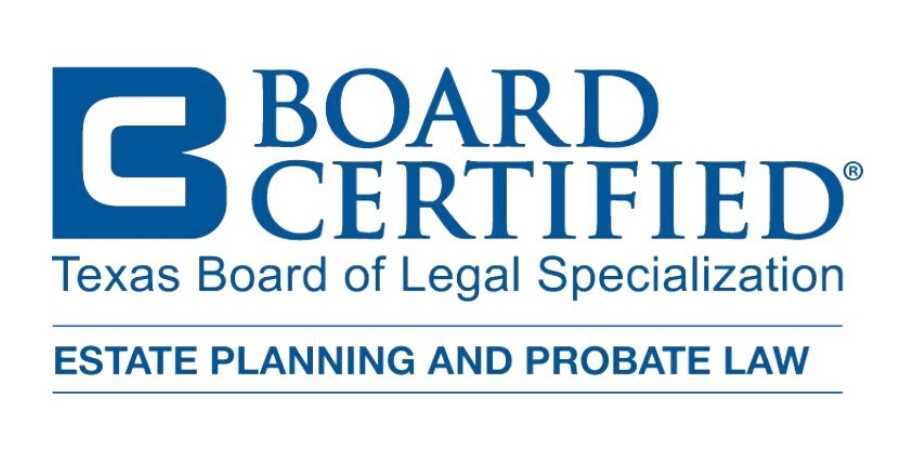Rounding Out the Year
2024 is right around the corner

Can you believe it? 2024 is right around the corner! Our awareness is heightened to the fact that although we may have put off what we were meaning to do all year long, we have a glimmer of hope that maybe we can squeeze in the most procrastinated things within these last two months of the year. Well, we feel the same way. Of course, you can squeeze in your estate planning that you put off all year. But I don’t recommend waiting any longer. Why? Because it’s true. 2024 is staring right back at us on the horizon and those who are hopeful that they will indeed accomplish their 2023 goals are taking action right now and stretching for just a little more time, and making it happen. How are they making it happen? They are calling on their expert team of estate planners and I have to tell you our phones have been ringing at a steady pace. What does that mean for you? In simple terms, we’ve got your back and if you take heed, like our many of our clients, we got you covered, but we will have a short December because we like to give back to our team and allow for an extra-long holiday, so please don’t hesitate to contact us this November and December and take care of scheduling an appointment for an estate planning review or review of the health of the protection of your business and assets. In order to get you even more ready, here are some important estate planning logic you need to know before you enter the new year.
Why estate planning is important.
Whatever your age or how much money you currently have in the bank, estate planning now can help your heirs sidestep complicated tax and legal issues later. Our philosophy is to avoid probate completely and we think it is very doable.
With estate planning that is tailored for you, you can also map out the kind of personal legacy you wish to leave. Perhaps you want to protect your loved ones and assets or make a generous gift to your favorite charity or alma mater, it’s up to you.
In other words, putting a plan in place this year can give you greater peace of mind and comfort or inspire others down the road.
4 simple steps to creating an estate plan.
While it may seem like a challenge, creating an estate plan is an achievable goal, especially when you’ve tapped proper guidance and resources.
Here are some simple steps to create your estate plan before the new year.
1. Evaluate your financial situation
To get started, write down or type out a comprehensive list of your assets and debts. This will not only give you a better understanding of your financial status but also help you calculate your net worth.
Your list should include the following:
Assets
· Bank and investment accounts
· Personal property (i.e., jewelry, collectibles, motor vehicles)
· Retirement plans
· Life insurance
· Real estate
Debts
· Credit cards
· Auto loans
· Personal loans
· Student loans
· Mortgages
2. Determine your beneficiaries
Anyone you name in your estate plan as an heir is considered a beneficiary. Many people choose their spouse, children or even a charity to inherit their belongings when the time comes.
While this personal decision may seem easy, understanding particular implications and how certain assets are distributed can be quite complicated. There are legal restrictions, for instance, on what minor children can inherit and how.
When you take active steps to get the paperwork in order this now, you can make things easier on your heirs and perhaps help them avoid a costly, time-consuming probate process.
3. Develop a contingency plan
After you’ve figured out the value of your estate and mapped out a draft plan for its distribution to your beneficiaries, take time to consider possible issues — both seen and unforeseen — that may come up.
This brainstorming will help you develop a contingency plan for your wealth, health care and heirs. Think about what might happen if you (or close living relatives) were to become extremely ill and need care. How would you want to provide for them? Think through, too, whom you might name as a contingency beneficiary if a primary beneficiary were to predecease you.
Jot down your contingency plan concerns and objectives. Then, schedule time to review it with an board-certified estate planning attorney and financial advisor so that all your estate planning documents (e.g., will, living trust, power of attorney, medical power of attorney, etc.) are completed correctly and placed in the hands of a professional whom you trust to ensure your wishes are followed.
4. Revisit your estate plan every 3 to 5 years
Once you have established your estate plan, schedule time on your calendar to review it regularly. In addition to making routine adjustments, note that you may want to update the documents after key life events, such as (but not limited to):
· The birth or adoption of a child or grandchild
· Marriage or divorce
· Death of a beneficiary
· Inheritance
· A change in careers
· The purchase of a house, land, or vehicle
· Significant gains or losses in investments
· The creation, sale, or closure of a small business
· Changes in federal or state estate or tax laws
Where to turn for estate planning assistance
If you decide to create an estate plan this year, remember to consult a board-certified estate planning expert. I can help develop a customized and structured financial strategy that protects your finances and supports your loved ones for generations. I offer a continuum of estate planning support, and our team is comprised of highly trained professionals committed to helping you. You can make a plan for your assets by meeting with me and my team. Contact our office to set up an appointment in Laredo via zoom or in person and let’s finish strong in 2023!
























